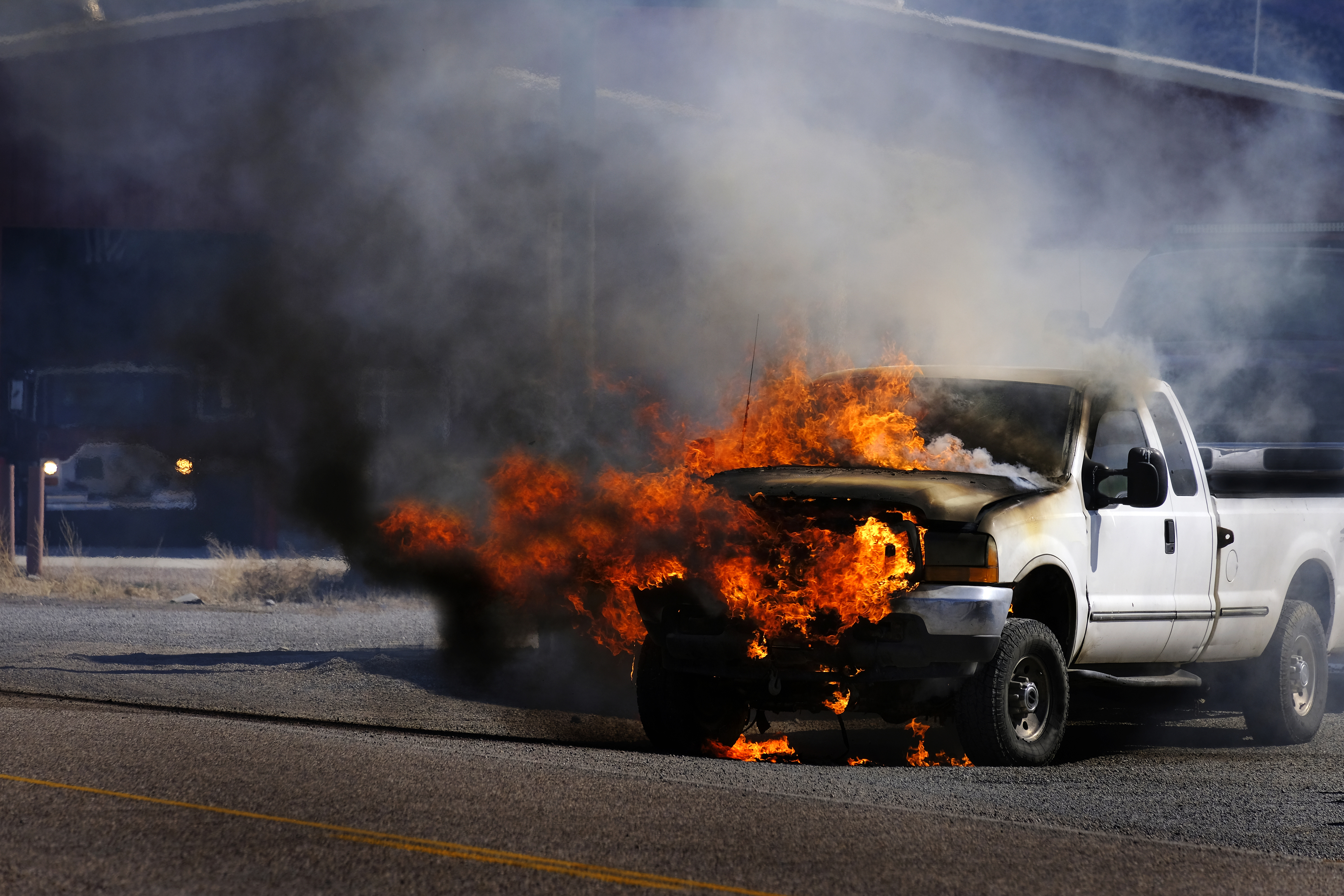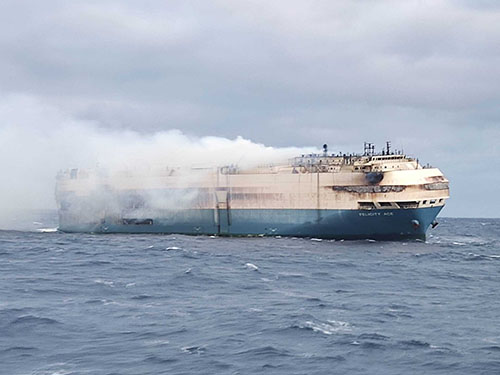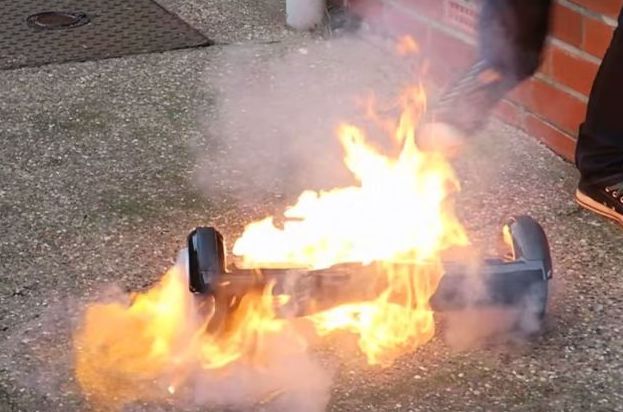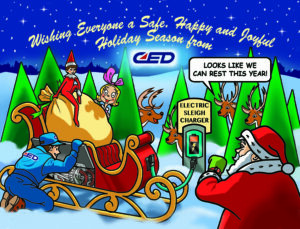With the camping season slowing in the northern states and kicking into high gear in the southern states, it is important to thoroughly understand and inspect all the systems in your recreational coach, whether that be tag along camping trailer or a Prevost bus. With 1000+ watt solar arrays, solar charge controllers, 3000+ watt DC to AC inverter/chargers, DC-DC chargers, back-up generators, and lithium batteries all becoming commonplace, the importance of inspections has become even greater.
All these components generate vast amounts of heat and rely on large (i.e., 000 or larger) conductors for proper operation. Mixing the electrical equipment and conductors together in tight confines with camping gear, clothes, and toys is one problem. Moving this mix hundreds or thousands of miles over imperfect roads is certainly another, larger problem. Chaffed wires due to coach movement, overheated components due to personal items shifting into those items, and component failures can and do cause fires that will ruin any trip. Know your systems, protect those systems when traveling, and inspect those systems whenever possible to minimize your risk of an unwanted fire.
CED's Vehicle Crash Group provides an extensive range of vehicle services, including investigations to determine the origin and cause of vehicular fires. The vehicles investigated include cars, light through heavy trucks, buses, motorcycles, motorhomes, recreational vehicles, trailers, and off-highway equipment, including those powered by electric motors and equipped with lithium batteries. The fires investigated include those started because of a crash, a faulty or compromised system, a poorly performed repair, a mistake, and/or arson.
CED’s experts have the necessary educational background, training, experience, and certifications to competently investigate most aspects of vehicular fires and, where possible, provide our clients with the information they need to move forward with their case. If a particular fire investigation requires extraordinary measures, such as the use of a scanning electron microscope or working with fire damaged electronic modules, CED has the necessary relationships to coordinate such measures in a timely manner.
Throughout the investigation process, subsequent reports, and testimony, CED engineers are efficient and maintain communication with clients to ensure expected progress, meet project deadlines, and eliminate unexpected billing.






